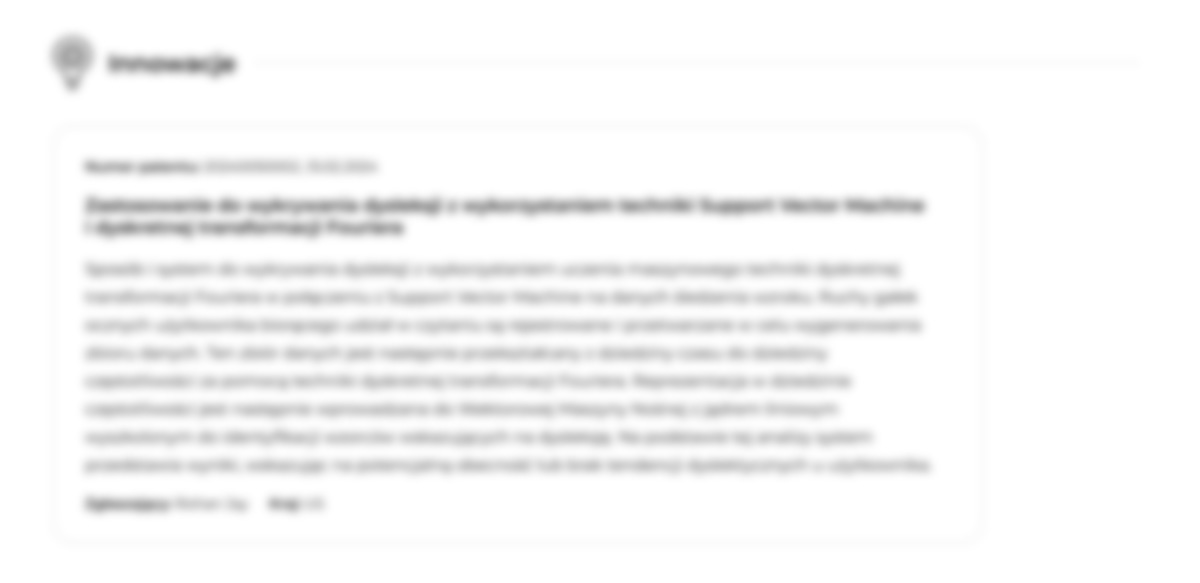Generation Z

Megatrend
Long-term, major change of a global nature; changing the balance of power, the existing way of operating.
Long-term, major change of a global nature; changing the balance of power, the existing way of operating.
- WORLD OF SOCIAL TRANSFORMATIONS
- MIRROR WORLD
Time perspective
Trends are placed in four time perspectives:
NOW – perspective now;
NEW – short-term perspective (1-5 years);
NEXT – medium-term perspective (5-15 years);
BEYOND – perspective for the long term (15+ years).
Trends are placed in four time perspectives:
NOW – perspective now;
NEW – short-term perspective (1-5 years);
NEXT – medium-term perspective (5-15 years);
BEYOND – perspective for the long term (15+ years).
- Now
- New
- Next
- Beyond
Trend Momentum Index TM
infuture.institute’s proprietary indicator for assessing the relevance of trends. The TMI is calculated dynamically based on a wide range of data, including, among others, regulations introduced, research, patents filed, impact on sustainability goals, investments or the value of individual markets.
infuture.institute’s proprietary indicator for assessing the relevance of trends. The TMI is calculated dynamically based on a wide range of data, including, among others, regulations introduced, research, patents filed, impact on sustainability goals, investments or the value of individual markets.


Definition of a trend
A trend referring to the generation born between 1997 and 2012, which is growing up in the digital age and witnessing dynamic social, cultural and technological changes. It is characterised by high access to technology, digital nativism, social activism and an interest in innovation and diversity. Generation Z is often seen as creative, socially engaged and aware of global challenges. Its influence on shaping culture, the labour market and society is becoming increasingly significant as it enters adulthood.
Trend Momentum Index TM
Reasons for the trend
- Generation Z is the generation born in the digital age, with access to the internet, smartphones and social media from an early age, which shapes the way they communicate, learn and interact with the world,
- The increase in globalisation and access to information from around the world makes Generation Z more aware of global challenges such as climate change, social and political inequalities,
- many Generation Z people grew up during significant economic (e.g. the 2008 financial crisis) and political crises, which affected their attitudes towards work, the economy and stability,
- changes in traditional family models, greater acceptance of diversity in relationships and identities, affect their understanding of social and family relationships,
- The growing awareness of environmental and social issues is making Generation Z more committed to sustainability and social justice,
- high expectations of personalisation, authenticity and transparency in their relationships with brands and institutions. They are looking for work that is meaningful and contributes to building a better world.
Insights
Check out monthly updated examples of the occurrence of trend Generation Z in patents, scientific articles and media. Materials are selected using our machine learning algorithms and approved by the infuture.institute team
AI GENERATED
HUMAN CURATED
Consequences of the trend
- social, cultural changes due to the fact that generation Z is more willing to question the status quo and seek new solutions to existing challenges,
- changes in their attitudes towards health, education, social relations, which can lead to long-term changes in the way societies and economies are organised,
- changes in the labour market together with the expectations of the younger generation concerning the ways, forms or meaning of professional activities,
- a possible increase in intergenerational tensions, especially in the labour market due to the different values held by Gen Z and older generations,
- a possible decline in interpersonal skills as a result of excessive use of technology and the digitalisation of activities.
Supporting technologies
social media, communication technologies, streaming platforms, artificial intelligence, algorithms, internet, mobile applications
Industries most sensitive to the trend
all

